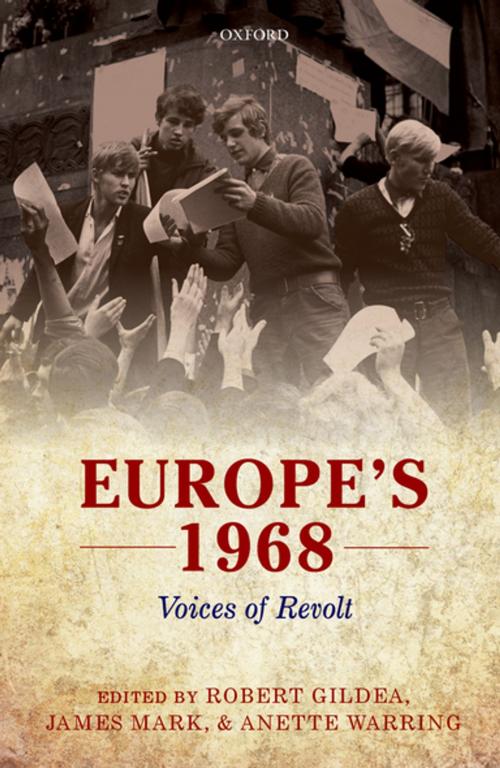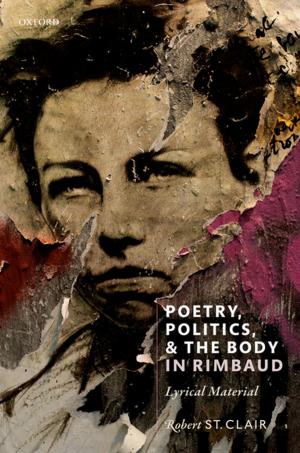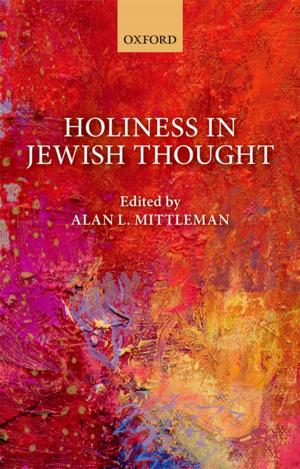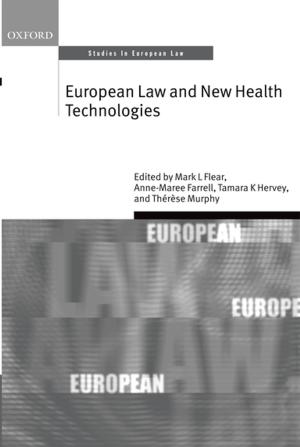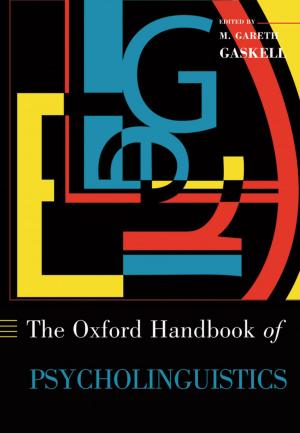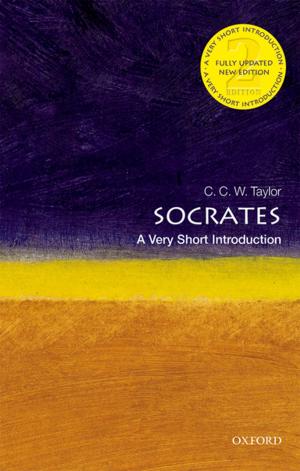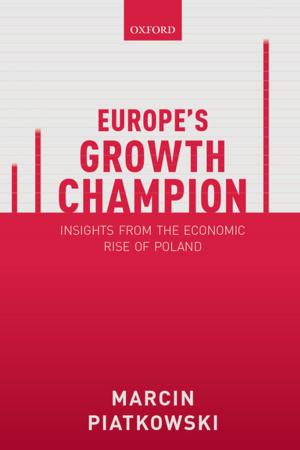Europe's 1968
Voices of Revolt
Nonfiction, History, European General, Social & Cultural Studies, Political Science| Author: | ISBN: | 9780192521248 | |
| Publisher: | OUP Oxford | Publication: | February 9, 2017 |
| Imprint: | OUP Oxford | Language: | English |
| Author: | |
| ISBN: | 9780192521248 |
| Publisher: | OUP Oxford |
| Publication: | February 9, 2017 |
| Imprint: | OUP Oxford |
| Language: | English |
By the late 1960s, in a Europe divided by the Cold War and challenged by global revolution in Latin America, Asia, and Africa, thousands of young people threw themselves into activism to change both the world and themselves. This new and exciting study of "Europe's 1968" is based on the rich oral histories of nearly 500 former activists collected by an international team of historians across fourteen countries. Activists' own voices reflect on how they were drawn into activism, how they worked and struggled together, how they combined the political and the personal in their lives, and the pride or regret with which they look back on those momentous years. Themes explored include generational revolt and activists' relationship with their families, the meanings of revolution, transnational encounters and spaces of revolt, faith and radicalism, dropping out, gender and sexuality, and revolutionary violence. Focussing on the way in which the activists themselves made sense of their revolt, this work makes a major contribution to both oral history and memory studies. This ambitious study ranges widely across Europe from Franco's Spain to the Soviet Union, and from the two Germanys to Greece, and throws new light on moments and movements which both united and divided the activists of Europe's 1968.
By the late 1960s, in a Europe divided by the Cold War and challenged by global revolution in Latin America, Asia, and Africa, thousands of young people threw themselves into activism to change both the world and themselves. This new and exciting study of "Europe's 1968" is based on the rich oral histories of nearly 500 former activists collected by an international team of historians across fourteen countries. Activists' own voices reflect on how they were drawn into activism, how they worked and struggled together, how they combined the political and the personal in their lives, and the pride or regret with which they look back on those momentous years. Themes explored include generational revolt and activists' relationship with their families, the meanings of revolution, transnational encounters and spaces of revolt, faith and radicalism, dropping out, gender and sexuality, and revolutionary violence. Focussing on the way in which the activists themselves made sense of their revolt, this work makes a major contribution to both oral history and memory studies. This ambitious study ranges widely across Europe from Franco's Spain to the Soviet Union, and from the two Germanys to Greece, and throws new light on moments and movements which both united and divided the activists of Europe's 1968.
